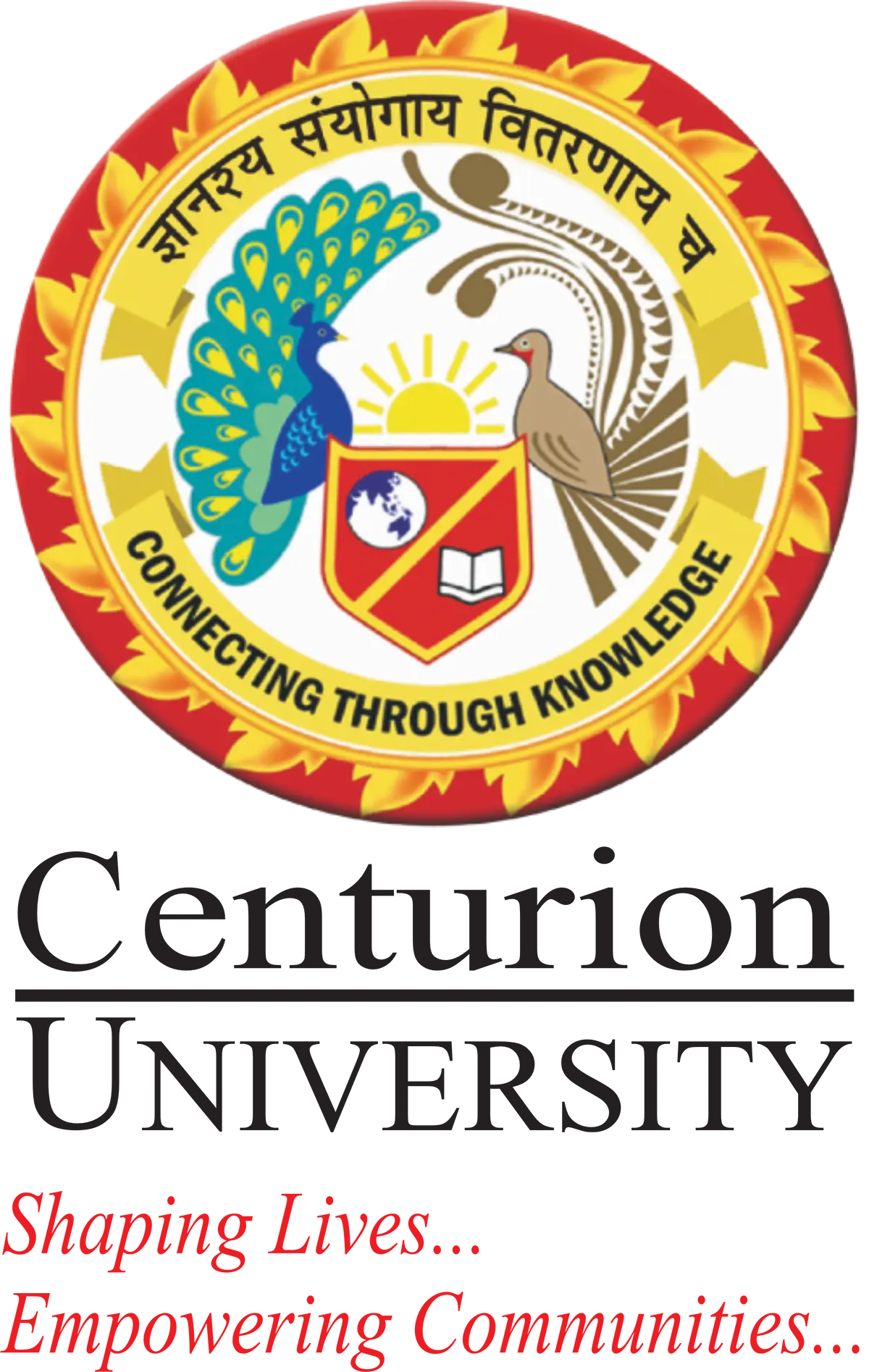A study was conducted on Participation of rural youth in agri-allied activities in Bargarh district of Odisha with a view to study the inventory of agri-allied activities in the study area, analyze the participation of rural youth in agri-allied activities, analyse the socio-economic and psychological profile of respondents, study the relationship between participation of respondents in agri-allied activities with some selected socio-personal and economic variables of respondents and analyze the constraints faced by the respondents in agri-allied activities and to obtain suggestion thereof. The study was conducted in Bargarh and Gaisilet blocks of Bargarh district of Odisha. Both purposive (state and district) and random sampling (blocks, grampanchayats, villages and the respondents) procedure was followed. The total sample size of the study was 120. The response was obtained from each individual respondent in a structured interview schedule which was pretested with 10 % samples other than the respondents of the study area. The finding of the study revealed that majority of respondents (mean score=1.30) were engaged in vegetable vending business where as oil extraction unit (mean score=1. 03) was least preferred. dairy unit(mean score=1.19) in Animal husbandry based inventories was preferred over others, engagement in forestry based inventories revealed collection of Mahua flower/fruit(mean score=1.09) ranked 1st where as Lac cultivation and processing ranked 4th(mean score=1.02). Participation of rural youth in different agri-allied activities revealed ploughing of land(mean score=1.92), ploughing during sowing (mean score=1.89), care of standing crops (mean score=1.95), harvesting of crops (mean score=1.97), grazing of animal (mean score=1.85), purchase and selling of poultry (mean score=1.66) and purchase and selling of fish (mean score=1.35) were ranked 1st in activities related to farm, during sowing, during irrigation, inter-cultural operations, harvesting, animal husbandry, poultry and fishery respectively. Analysis of socio-economic & psychological profile of rural youth in the study area revealed that majority (40%) were high school educated, (71.66%) were married, majority (91.67%) had agriculture as their primary occupation, most of the family (41.67%) had income range Rs. 70000-90000, majority (65.00%) had no membership in any organization, cent percent(100.00%) got information regarding agri-allied activities from friends, neighbours, relatives and farmer friends, majority (60.00%) had medium level of involvement in decision making process and majority (65.83%) had medium level of scientific orientation. Study on psychological profile revealed increase income by crop production (mean score=1.93), majority (mean score=1.82) had psychology to take agriculture farming, majority (mean score=1.77) preferred agriculture labours were ranked 1st in respect of psychology based on agri-allied activities, occupation and labour work. Correlation between participation of respondents in agri-allied activities with some selected socio-personal and economic variables revealed that extent of involvement in decision making process and scientific orientation were found to be positively correlated .Education, marital status, occupation, annual income, social participation and source of information were found to be negatively correlated with agri-allied activities. It was also found that scientific orientation is highly significant, education is significant and other factors are non significant at .01 level of significance. Analysis of data on constraints faced by rural youth revealed majority (77.50%) faced problem of unavailability of agricultural labour during peak season which ranked 1st followed by non availability of fertilizer at proper time, high cost of agricultural implements, somewhat poor knowledge on land preparation, unavailability of green fodder, non availability seed at proper time, lack of knowledge about improved poultry farming, lack of crop insurance facility, lack of irrigation facility, lack of training facility for fish farming, lack of pond respectively. Major suggestions put forth by respondents to overcome the constraints includes majority(72.50%) suggested need of agricultural implement and equipment at low price which ranked 1st followed by agriculture credit at proper time, correspondence of right information at right time by extension officer, conduction of extension activities i.e. kisan mela, demonstration, exhibition, training, visits etc., training requirement on improved poultry farming, fish farming and livestock managements, facilitation of crop insurance, recommended information on seed and fertilizer at proper time, herbicides and pesticide in low price and provision of irrigation facility respectively.


